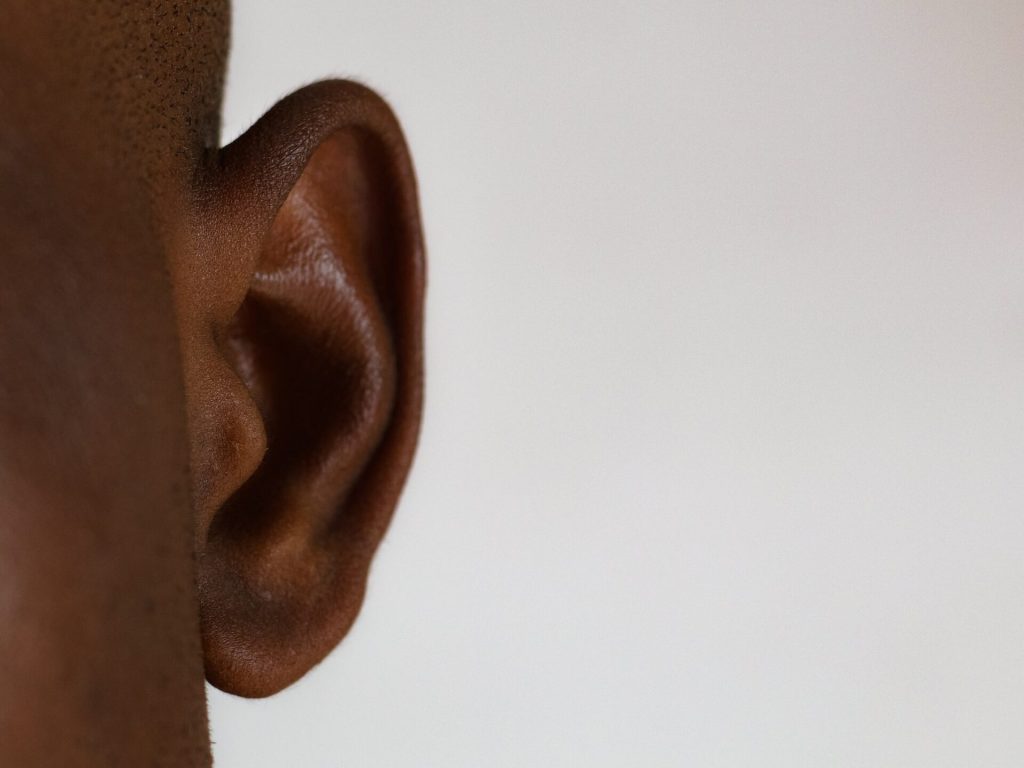A Natural Repair Process for Damaged Auditory Hair Cells

Auditory researchers have discovered how hair cells can repair themselves after being damaged, an important insight could benefit efforts to develop new and better ways to treat and prevent hearing loss. Their findings are published in the free online journal eLife.
Found in the inner ear, hair cells derive their name from the hair-like structures that cover them and serve as mechanical antennas for sound detection. The prevailing belief is that when auditory hair cells are killed, they are gone for good. But this new research from University of Virginia School of Medicine shows that these delicate cells have the ability to repair themselves from damage caused by loud noises or other forms of stress.
“For many years, auditory research has placed considerable emphasis on the regeneration of sensory hair cells. Although these efforts continue, it is equally important to enhance our comprehension of the intrinsic mechanisms that govern the repair and maintenance of these cells. By gaining a deeper understanding of these inherent repair processes, we can uncover strategies to fortify them effectively. One such approach in the future might involve the utilisation of drugs that stimulate repair programs,” said researcher Jung-Bum Shin, PhD, of UVA’s Department of Neuroscience. “In essence, when replacement of hair cells proves challenging, the focus shifts towards repairing them instead. This dual strategy of regeneration and repair holds strong potential in advancing treatments for hearing loss and associated conditions.”
Repairing the damaged cells
In order to sense sound, hair cells are naturally fragile, but they also must withstand the continuous mechanical stress inherent in their jobs.
Prolonged exposure to loud noise harms hair cells in a variety of ways, and one of those is by damaging the cores of the “hairs” themselves. These hair-like structures are known as stereocilia, and Shin’s new research shows a process they use to repair themselves.
The hair cells do this by deploying a protein called XIRP2, which has the ability to sense damage to the cores, which are made of a substance called actin. Shin and his team found that XIRP2 first senses damage, then migrates to the damage site and repairs the cores by filling in new actin.
“We are especially excited to have identified a novel mechanism by which XIRP2 can sense damage-associated distortions of the actin backbone,” Shin said. “This is of relevance not only for hair cell research, but the broader cell biology discipline.”
The pioneering work has netted a grant to fund additional research into how the cores are repaired. By understanding this, scientists will be better positioned to develop new ways to battle hearing loss – even the kind that comes from aging, the researchers say.
“Age-related hearing loss affects at least a third of all older adults,” Shin said. “Understanding and harnessing internal mechanisms by which hair cells counteract wear and tear will be crucial in identifying ways to prevent age-related hearing loss. Furthermore, this knowledge holds potential implications for associated conditions such as Alzheimer’s disease and other dementia conditions.”



